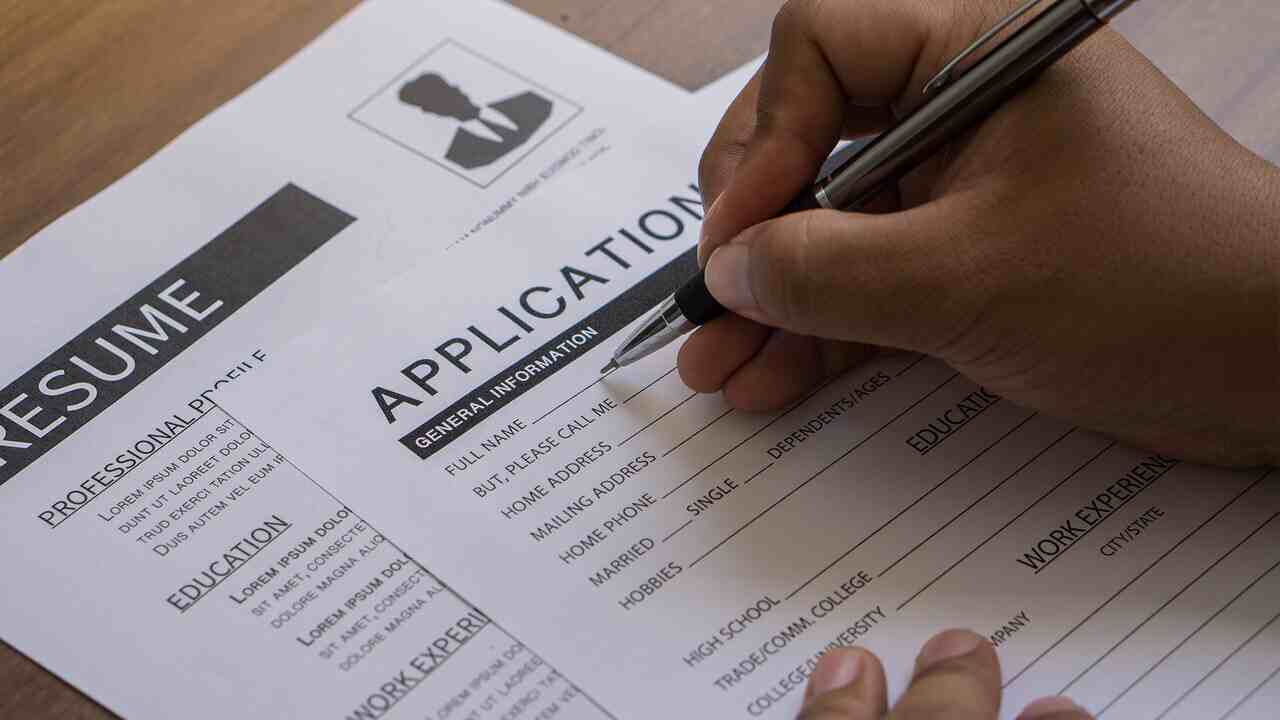It’s the moment every job seeker dreads.
The interviewer leans in and casually asks, “So... what’s your biggest weakness?”
Cue internal panic. Do you admit to something real and risk sounding unqualified? Or do you play it safe and say something like “I’m a perfectionist” (along with 70% of other candidates)?
The truth is, this question isn’t a trap—but it is a test. And with the right strategy, you can turn it into a moment that actually makes you look more capable, not less.
1. First Things First—Don’t Pretend You’re Flawless
Saying, “Honestly, I can’t think of any real weaknesses,” might sound confident to you—but to interviewers, it screams a lack of self-awareness.
No one is perfect. What they’re really looking for is how you reflect, how you improve, and whether you’re coachable.
So yes, you should talk about a real weakness. Just... you know, not one that would make them take back the job offer.
2. Choose a Real, But Safe Weakness
Pick something that’s honest, but won’t raise red flags for the role you’re applying for.
Applying for a data analyst role? Don’t say you’re bad with numbers.
Project manager? Don’t admit to poor time management.
Here are a few safe, believable options that most roles can live with:
- I have a hard time saying no and can sometimes overcommit.
- I used to struggle with speaking up in meetings.
- I can be a little too detail-oriented, which sometimes slows me down.
- I didn’t always feel confident giving feedback to others.
The key is: make it true, but not fatal.
3. Avoid the Overused Humblebrag
Let’s talk about that “I’m a perfectionist” line.
Everyone’s heard it. Interviewers know it’s often code for “I’m not sure what else to say.” It’s fine if it’s genuinely your weakness—but only if you can explain how it actually affected your work, and how you’re managing it.
If you go this route, get specific. Like:
“I’ve realized that my tendency to double- and triple-check everything can slow me down during fast-paced projects. I’ve started setting time-boxes for review and getting feedback earlier in the process.”
Now that’s a real answer with maturity behind it.
4. Show Growth—That’s the Whole Point
The gold standard answer has three parts:
- A clear and specific weakness
- What you’ve done (or are doing) to improve
- The impact your efforts have made
Here’s what that might sound like in action:
“Early in my career, I had trouble delegating. I felt like if I didn’t do something myself, it wouldn’t be done right. But that led to burnout and bottlenecks. So I started using a task-sharing board with my team and focusing more on trust and communication. It’s helped me become a better collaborator, and the work still gets done—sometimes even better than I’d do it alone.”
No drama. No exaggeration. Just self-awareness and progress.
5. Don’t Pick Anything That’s Still Out of Control
It’s totally okay to mention something you’re still working on—but avoid weaknesses that feel fresh, raw, or unresolved.
For example:
- I get overwhelmed and shut down under pressure.
- I tend to avoid conflict, so I let things build up.
- I have trouble with deadlines and procrastination.
These are fine to work on privately—but not great material for interviews, unless you can truly show how you’ve made major progress. Stick with something you've already taken meaningful steps to improve.
6. Don’t Try to Be Funny (Unless You’re a Stand-Up Comedian)
Yes, some people try to joke their way out of this question.
Responses like “Chocolate,” or “I work too hard,” or “My biggest weakness is that I care too much”—they don’t land well.
Most interviewers won’t laugh. Even if they do, they’ll probably still be thinking, okay... but really?
This question is a chance to show emotional intelligence. Humor can be charming, but if you’re not 100 percent confident you’ll nail it, skip the jokes.
7. Keep It Short and Move On
One mistake people make? Rambling. If you spend five minutes talking about your weaknesses, it starts to feel like therapy.
Instead, treat it like a confident update on something you’ve overcome. Two or three tight paragraphs. That’s it.
Quick structure you can follow:
- Intro: “Something I’ve had to work on is...”
- Explanation: “In the past, it looked like...”
- Solution: “Now I handle it by...”
- Result: “It’s helped me become more...”
On to the next question.
8. Practice It Out Loud (But Don’t Sound Scripted)
You want to sound natural, not rehearsed. But also not caught off guard.
Try writing your answer out, then saying it out loud in front of a mirror—or to a friend who will give you honest feedback. Does it sound like you? Does it feel honest and thoughtful?
You don’t need to memorize a script. Just get comfortable with the structure so it rolls off your tongue when the time comes.
9. If You're Asked for Multiple Weaknesses—Don’t Panic
Some interviewers like to follow up with, “What’s another weakness?”
This isn’t them trying to trick you. They just want to see how well you know yourself.
Your best move: Have two in your back pocket, each with a different angle.
Example:
“Another thing I’ve been working on is becoming more assertive during team discussions. I used to hold back my ideas, but I’ve been practicing speaking up earlier and offering feedback more directly.”
It’s not about piling on flaws—it’s about showing you’re always learning.
10. Trust That Honesty + Effort = Credibility
They’re not judging your weakness. They’re judging your response to your weakness.Do you know yourself? Are you open to growth? Can you self-correct when something’s not working? If your answer shows thoughtfulness and a willingness to improve, you’ve already passed the test.



